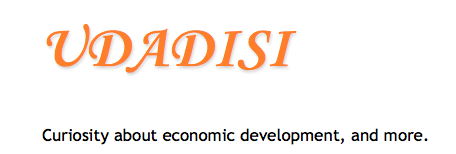Boo says now, “When we talk about accountability and implementation, even when I say those words, they’re just such eye-glazers. But that’s really what it’s about. It’s not that everybody in power wants to have a world in which somebody who is slowly dying on the road gets passed by. It’s that there’s so little work done to make (sure what) happens in Delhi or in Washington actually gets to the people it’s intended to. Whether it’s when I was reported on group homes for the developmentally disabled” — the work that won her a Pulitzer — “it was the same thing. The money just ended up circulating among the already privileged.”
But Boo is a reporter and a storyteller, and she doesn’t have a policy prescription, per se. She does believe that “statistics about the poor sometimes have a tenuous relationship to lived experience,” as she writes at the end of the book, adding, “I just believe that better arguments, maybe even better policies, get formulated when we know more about ordinary lives.”. . .
So she spent three years in Annawadi, interviewing and reinterviewing children and men and women with the help of a team of interpreters and a Flipcam. Of the interpreters, she says, “I had a bunch of false starts. People weren’t used to working in the style that I work, patient watching and listening. The days would feel pointless to other people, like, ‘Why are we sitting here all day watching this kid sort garbage,’ somebody might say. The conditions are bad.” (One of the main geographical features of Annawadi is a giant sewage lake.)The power of observation and conversation . . .
HT: William Easterly .

No comments:
Post a Comment